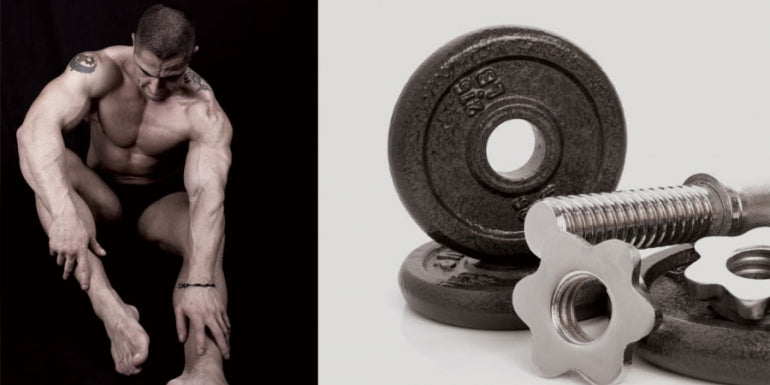
Each year athletes are performing at higher and higher levels. You cannot watch the Olympics without seeing world records go down in flames as athletes are becoming bigger, faster, and stronger. Even golfers are getting buff in order to drive the ball further!
Many things may attribute to this trend. One of them being the explosion of sports supplements. A few decades ago athletes were choking down low quality protein powders and chalky amino tablets. Nowadays a wide variety of food supplements can be found in pharmacies, grocery stores and even at gas stations. It is not necessary to find a health food store to attain a multivitamin, whey protein or some creatine. The accessibility, awareness, and quality has increased. Through continued growth and research supplements are becoming a crucial tool to help gain an athletic advantage.
Another main reason for increased athletic performance is the advances in human physiology. By gaining a better understanding of areas like biomechanics, cardiovascular function, metabolism, as well as the importance of key nutrients and sleep athletes are able to out perform themselves year after year.
With so many athletes becoming better each year and with all these advances in science and supplementation there is a glaring issue still haunting athletes at the top levels of competition. Have you ever wondered why a professional or Olympic athlete has a poor performance? An individual that trains hours each day yet appears to be out of shape. This is confusing as a spectator and also as the athlete experiencing the effects of overtraining.
Its important to push the body as hard as possible to accomplish your absolute physical peak in order to compete on your sports biggest stage and be successful. Now that's a mouthful for sure and even more challenging to execute properly.
For many sports like swimming, MMA, running, bodybuilding the demands on the athlete are extreme and can easily lead to overtraining. It is important to be aware of the signs and symptoms to help avoid this condition. Initially the athlete may experience headaches, pain in the muscles and joints as well as a compromised immune system causing the athlete to get sick. Moodiness, a drop in performance and the loss of desire to train are also common symptoms. Severe cases of overtraining can lead to depression and serious career ending injuries.
It's of course important to monitor the athlete during training to avoid this condition. The use of the athletes resting heart rate can help determine wether they are recovering from demands or overreaching. A resting heart rate taken first thing in the morning upon waking without an alarm and before sitting up will be most accurate. This is actually the only way to find your true resting heart rate. During intense training continue to check this a few times per week. If it begins to rise then the body is not recovering. Proper training stimulus should show decreases in your resting HR so an increase should be an obvious sign that there is a problem.
Some things like lack of sleep, alcohol consumption, a high stress environment and inadequate nutrition will result in the early onset of overtraining symptoms.
Having an experienced coach or trainer will help minimize the likely hood of this situation arising. During training an overstrained athlete will not perform at their normal levels. Sometimes just taking a couple of rest days can help turn things around. Ice baths have also been shown to help the body recover and return to the intense training the athlete needs to endure. In some extreme cases athletes have been forced out of training for 2-3 months.
Some ways to avoid this condition is of course to rest. Older athletes have found that a 2 day on and one day off schedule works well. Also decreases your work load for a month each year as well as taking a full week off every 3 months are good general rules of thumb. The most common athletes to suffer the effects of overtraining are the ones that re highly motivated with the ability to push themselves through great amounts of work and discomfort. These individuals are less likely to take rest days and more inclined to train to or three times per day.
If you feel that you or someone you train with may be experiencing the effects of overtraining use the methods I suggested to monitor and help recover. In the long run the R&R will ensure greater success in your sport and a much improved overall sense of well being.









